Dr Carmen Pavel
Reader in Politics, Philosophy, and Economics
Research interests
- Politics
Biography
Dr Pavel specialises in political philosophy and the history of political thought. Her interests include the philosophy of international law, liberal theory and contemporary challenges to it, and ethics and public policy. She received her PhD from Brown University and then served as a postdoctoral fellow and lecturer in the Program in Political Philosophy, Policy and Law at University of Virginia and subsequently at the University of Arizona. At King’s, Dr Pavel has served as the first director of the PPE programme from 2015-2018 and has contributed substantively to its re-design.
Research and PhD supervision
Dr Pavel welcomes PhD supervision in the areas of the philosophy of international law, constitutionalism and constitutional thought, ethics and public policy, and contemporary challenges to liberalism.
Dr Pavel has published two books with Oxford University Press. The first, entitled Divided Sovereignty (2015), addresses the question of how to constrain states that commit severe abuses against their own citizens. The book challenges the long-standing assumption that collective grants of authority from the citizens of a state should be made exclusively for institutions within the borders of that state. It argues that international institutions can act as an insurance scheme against the possibility of states failing to fulfil their most basic sovereign responsibilities.
The second book, Law Beyond the State: Dynamic Coordination, State Consent and Binding International Law (2021), examines under what conditions international law is compatible with the sovereignty claims of constitutional democracies. The book argues that 1. The reasons we have to defend the establishment of legal institutions are the same as inside and across political communities; 2. International law can be developed in a manner that is compatible with the authority of constitutional democracies; and 3.The internal morality of the rule of law, such as the idea that rules have to be applied impartially, and to protect a minimum of individual rights, demands that international law be developed in a certain way.
Teaching
Carmen is teaching a second-year module called ‘Morality, Law, and the State’ and two third-year modules: ‘Ethics, Economics, and Public Policy,’ and ‘Politics and Justice in International Law.’
Publications
'Hume's Dynamic Coordination and International Law,' Political Theory, forthcoming (online first).
‘Global and National Constitutionalism,’ Cambridge Handbook of Constitutional Theory, Richard Bellamy and Jeff King, eds., forthcoming.
‘Constitutionalism and Pluralism: Two Models of International Law,’ Routledge Handbook of the Rule of Law, Michael Sevel ed., forthcoming.
'Healthcare: Between a Human and a Conventional Right,' Economics and Philosophy, 35:3, 2019.
'The International Rule of Law,' Critical Review of International Social and Political Philosophy, 23:3, 2020.
‘International Law as a Hartian Legal System?’ Ratio Juris, 31:3, 2018.
Skeptical Challenges to International Law’ (with David Lefkowitz) Philosophy Compass, 13:8 (2018).
Oxford Handbook of Freedom, co-editor with David Schmidtz, (Oxford University Press, 2018).
Book Review: Steven Ratner, The Thin Justice of International Law, OUP 2015, Notre Dame Philosophical Review, January 2017.
“A Legal Conventionalist Approach to Pollution”, Law and Philosophy, 35:4 337-363 (2016).
"Boundaries, Subjections to Laws and Affected Interests", Oxford Handbook of Freedom, (Oxford University Press,) online first 2017.
The Institutions of International Justice, guest editor for Social Philosophy and Policy issue 32:1 (Fall 2015).
Review of Freedom Beyond Sovereignty: Reconstructing Liberal Individualism by Sharon Krause (University of Chicago Press, 2015), Notre Dame Philosophical Review September 2015.
Divided Sovereignty: International Institutions and the Limits of State Authority (Oxford University Press, 2015).
Part of a Critical Dialogue in Perspectives on Politics, 14:1. 2016 along with Joan Cocks’s Sovereignty and Other Political Delusions, (NY: Bloomsbury, 2015).
Negative Duties, the WTO and the Harm Argument, Political Studies, 63:2, 2015.
Making a Faustian Bargain Work: What Special Interests Can Tell Us About Representation at the WTO, Georgetown Journal of Law and Public Policy, Special Issue, Volume 12, 2014.
International Justice, The Encyclopedia of Political Thought, Michael T. Gibbons, ed.,(Wiley-Blackwell, 2014).
Alternative Agents for Humanitarian Intervention, Journal of Global Ethics, 6.3 (December 2010).
Normative Conflict in International Law, The San Diego Law Review, 46:4 (December 2009).
Cosmopolitanism, Nationalism and Moral Opportunity Costs, Polity, 41:4 (October 2009).
Pluralism and the Moral Grounds of Liberal Theory, Social Theory and Practice, 33:2 (April 2007).
Research

Political Theory Research Group
The political theory group covers many topics and approaches, and affirms the central importance of political economy to political theory.

Politics, Philosophy and Economics Research Group
The PPE research group studies questions spanning the disciplines of politics, philosophy, and economics.

Centre for British Democracy
The Centre for British Democracy is interested in the study of government and politics in the United Kingdom from an historical, political science, political theory and constitutional perspective.
News
International law 'failing to protect national sovereignty'
A core principle of international law, the right of states to consent to the rules that bind them, fails to protect national sovereignty and may actually...

UK constitution in focus at panel event
The UK’s complex constitution was in focus at an event hosted by the Centre for British Democracy.

Top literary prize for academic
A book authored by a King’s College London academic has received a prestigious award.
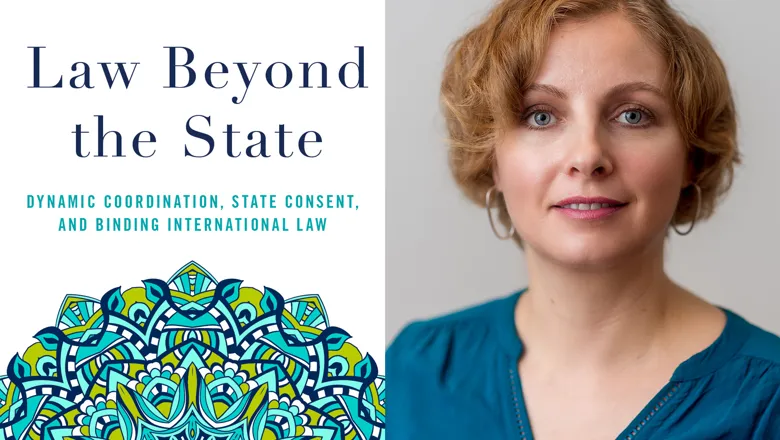
New book makes case for strengthening international law
International law plays a “critical, irreplaceable and defining” role in maintaining peace and justice globally and a growing trend of ambivalence towards...
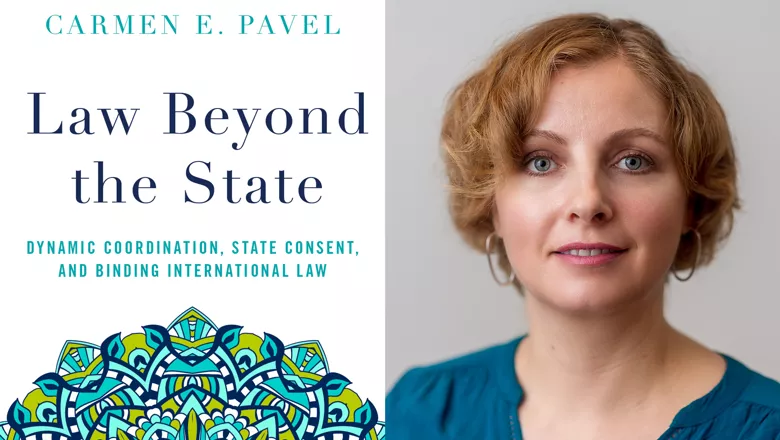
Praise for academic team as promotions are confirmed
The head of the School of Politics and Economics has paid tribute to the hard work of academic staff after news of several successful promotions was confirmed.
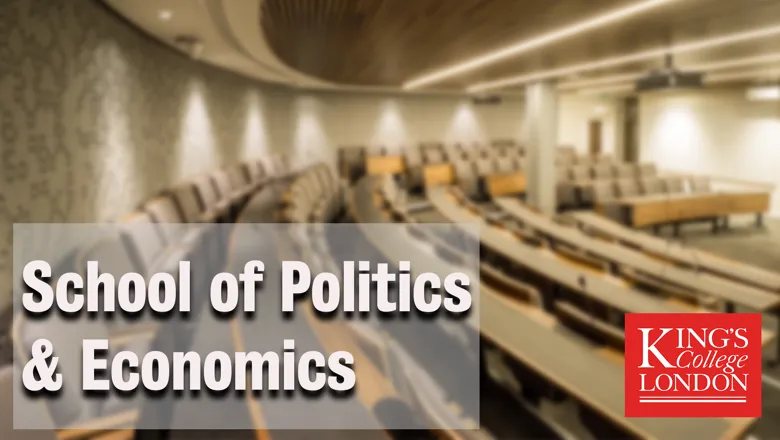
Events
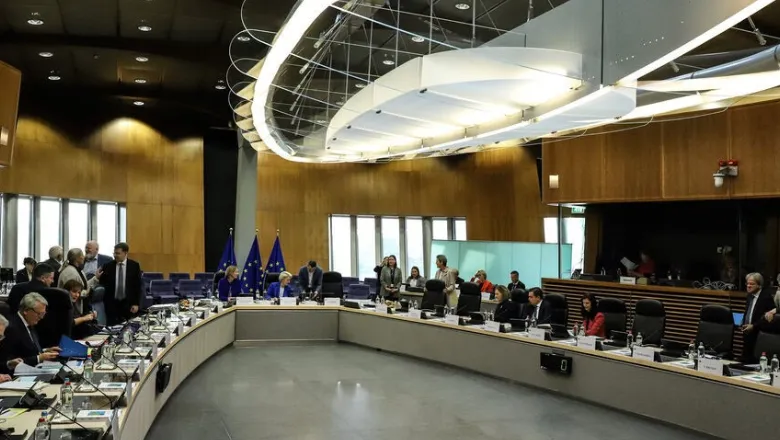
The Ethics of Exclusion: Accession to Regional and International Organizations
The Ethics of Exclusion: Accession to Regional and International Organizations workshop
Please note: this event has passed.
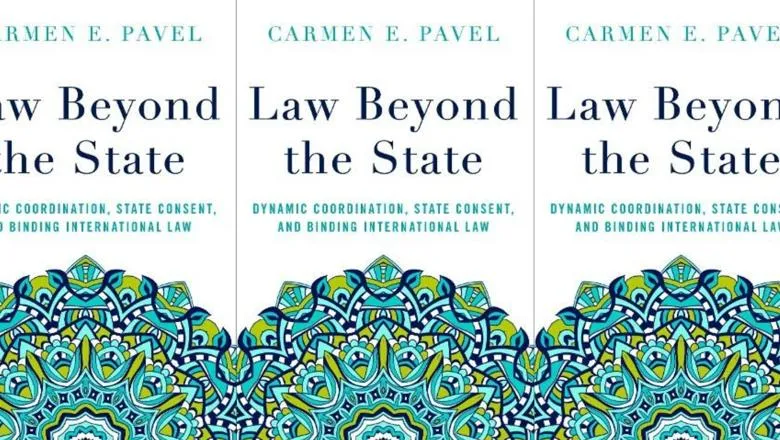
'Law Beyond the State': Book Launch
Join Dr Carmen Pavel for the launch of 'Law Beyond the State: Dynamic Coordination, State Consent, and Binding International Law'
Please note: this event has passed.
Research

Political Theory Research Group
The political theory group covers many topics and approaches, and affirms the central importance of political economy to political theory.

Politics, Philosophy and Economics Research Group
The PPE research group studies questions spanning the disciplines of politics, philosophy, and economics.

Centre for British Democracy
The Centre for British Democracy is interested in the study of government and politics in the United Kingdom from an historical, political science, political theory and constitutional perspective.
News
International law 'failing to protect national sovereignty'
A core principle of international law, the right of states to consent to the rules that bind them, fails to protect national sovereignty and may actually...

UK constitution in focus at panel event
The UK’s complex constitution was in focus at an event hosted by the Centre for British Democracy.

Top literary prize for academic
A book authored by a King’s College London academic has received a prestigious award.

New book makes case for strengthening international law
International law plays a “critical, irreplaceable and defining” role in maintaining peace and justice globally and a growing trend of ambivalence towards...

Praise for academic team as promotions are confirmed
The head of the School of Politics and Economics has paid tribute to the hard work of academic staff after news of several successful promotions was confirmed.

Events

The Ethics of Exclusion: Accession to Regional and International Organizations
The Ethics of Exclusion: Accession to Regional and International Organizations workshop
Please note: this event has passed.

'Law Beyond the State': Book Launch
Join Dr Carmen Pavel for the launch of 'Law Beyond the State: Dynamic Coordination, State Consent, and Binding International Law'
Please note: this event has passed.
